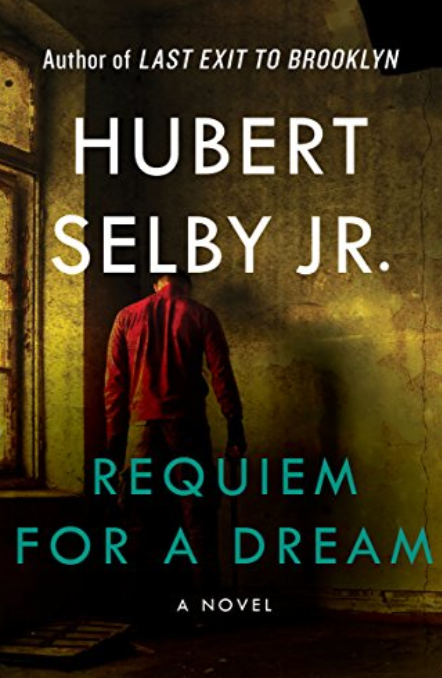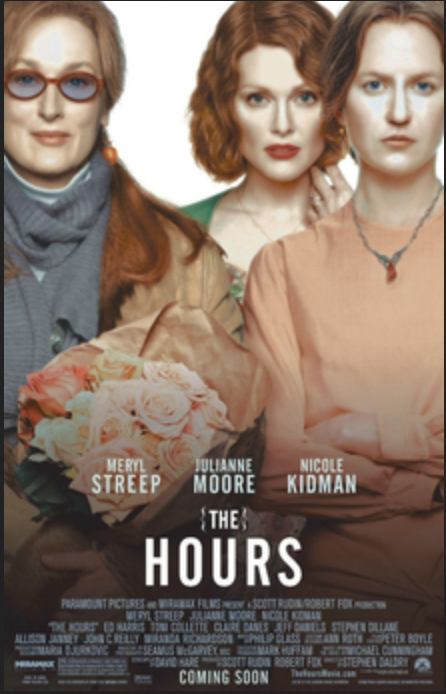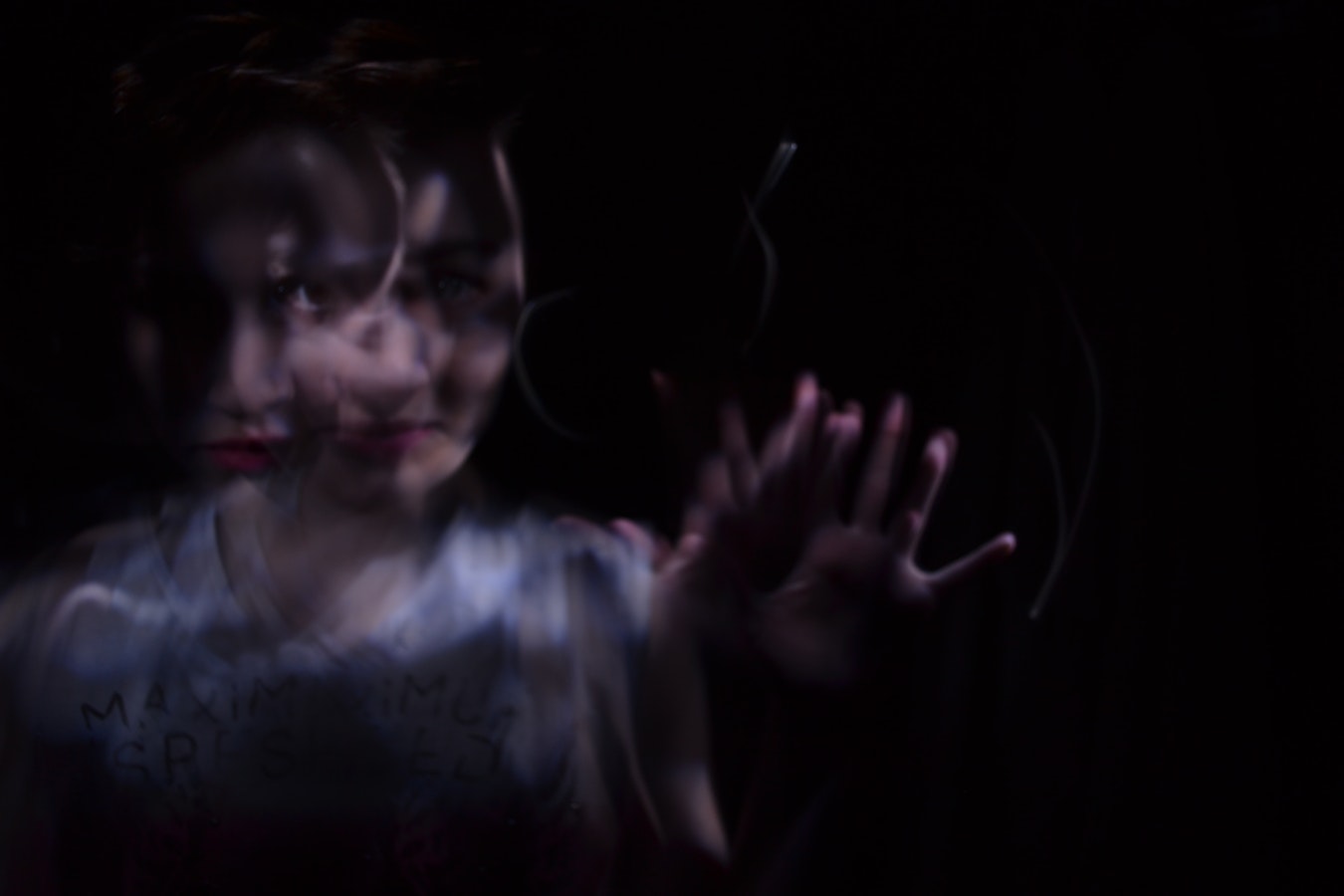Understanding Mental Health: What these Movies Have Taught Me (Part 2)
What are some of the movies that have made an impact on your understanding of Mental Health and Mental Illness?
By Ananya Borgohain
TW: Suicidal ideation
5. It’s Kind of a Funny Story
His father isn’t an abusive alcoholic, his mother is not a drug addict, his friends are loyal and he has a sound support system at home. He was never harassed nor bullied. Why then, is Craig Gilner depressed? I recommend this movie for those who often believe that well-off people with no history of trauma or substance abuse cannot be depressed.
ALSO READ: MYTHS AND FACTS ABOUT DEPRESSION
This movie is the screen adaptation of American author Ned Vizzini’s semi-autobiographical book by the same name. Sixteen-year-old Craig (played by Keir Gilchrist) checks himself into the psychiatric floor of a hospital after persistent contemplation of jumping off the Brooklyn bridge. This is where he meets different personalities from all age groups, all coping with one or the other existential crisis, healing each other through their mundane conversations.
The film’s objective is to not convey, but rather portray how suicidal people are not shadows lurking in dark corners while fighting the deadliest inner monsters, but could be a teenage girl or an Egyptian migrant or a middle-aged unemployed father with a self-deprecating humour.
I appreciate it all the more because Craig does not suddenly stop being suicidal after being released from the hospital. This attentiveness to the ordinary, acknowledging the lethargic and yet not promising any life-changing epiphanies, is what makes this film special and educative for everyone.
What is the saddest though, despite the immense success of his book, Ned Vizzini killed himself in 2013.
(Editor’s Note: If you or anyone you know feels distressed, please reach out to a professional for help. Some suicide prevention helplines in India include the government’s 24/7 helpline KIRAN: 18005990019, Vandrevala Foundation’s 24/7 helpline 1860-266-2345 and more are listed here)
ALSO READ: SUICIDE PREVENTION: LET’S TALK
Matchstick Men
Roy Waller (Nicholas Cage) is a con artist with severe obsessive-compulsive disorder (OCD) and Tourette’s syndrome. His life changes when he discovers that he has a teenage daughter. The film underlines the interplay of family stressors and neurological conditions. Roy’s panic attacks, tics and anxiety interfere with his daily work, but he has both the sensibility to seek help as well as the agency to get it. In true Ridely Scott style, this film has a funny, fabulous and engaging plot which is further enriched by terrific performances by Sam Rockwell, Alison Lohman and Cage.
Interestingly, football legend David Beckham and actor Billy Bob Thornton have both spoken about suffering from OCD. It’s important to understand that it can happen to anybody and life does not end there. Matchstick Men is one such film that highlights this point with some brilliant performances to remember.
Requiem for a Dream

Generally, while warning anyone against drug abuse, we talk about the legal consequences one can face if caught as well as the physical damage that illegal drugs can cause. I recommend Requiem for a Dream because it’s rare when they show what drugs can do to our emotions and kinship too. It transfixes its audience and successfully compels them to understand how detrimental illegal drugs are for our mental health.
This disconcerting film about drug abuse is based on Hubert Selby Jr’s 1978 novel of the same name. It has been a subject of several academic essays and studies, mostly pertaining to psychological analysis. The film is a disconcerting watch, meandering between agonising and intensely bleak as the audience watch the four drug-using protagonists’ mental disintegration. It’s a gateway to understanding the havoc that drug abuse can wreak on our minds.
As psychiatrist Dr Shamsah Sonawalla mentioned in this interview with The Indian Express, “The relationship between substance abuse and depression is complex. A high percentage of people with substance abuse disorder will also have depression and vice versa. If individuals are experiencing symptoms of depression, a sense of loneliness and extreme isolation, they are more likely to use substances to self-medicate to feel better, which in turn can make their depression worse and also exacerbate substance abuse — it can become a vicious cycle.”
Tully
Marlo (the character played by Charlize Theron) is a mother of two children, one of whom has a serious development disorder. Her husband has no time for family and an unplanned pregnancy is exhausting her. Once her infant is home, duties of a new mother take over and stress and anxiety lunge at her, more so because of the incessant calls from her son’s school to take him off to a place “better suited for him”.
At the peak of her post-partum psychosis, Marlo hires a night-nanny, Tully (played by Mackenzie Davis), to take care of her newborn. The bond that the two women form in the process – one at a melting point of stress disorder and the other at the peak of her youth and full of life – highlights how integral it is for everyone to have an emotional support system, especially new mothers. There’s also a very surprising twist in the film, which heightens the essence of this discussion.
Tully was rightly criticized for not naming the protagonist’s condition as post-partum psychosis but the film does lend a wonderful insight into the struggles of a hapless new mother and how her plight can govern the multitudinous thoughts in her brain.
ALSO READ: Your Stories: More Than Just the Blues — Life With Post-Partum Depression

The Hours
Lastly, here’s an absolutely unmissable film on mental health. Three different women from different generations (enacted by Meryl Streep, Julian Moore and Nicole Kidman) find a unique thing in common: Virginia Woolf’s Mrs Dalloway. Kidman plays Woolf herself in the film. The film’s events take place within a single day in different years. We witness them through Woolf in 1923, Laura Brown (Julian Moore) in 1951 and Clarissa Vaughan (Streep) in 2001, living in desolation and battling angst. All the three women have one choice to make: how to live their life.
This film tugged at my heart because it shows different phases of womanhood and the curveballs that the universe hurls at us at each point. We are always at the mercy of our circumstances and it’s hope that sustains us. The Hours is a special film that teaches that the choices we make in life — the good, bad and ugly — all govern us and shape that foundation of hope for us. Some minds can be bright yet ravaged and what we can do is be collaborative agents in watching out for them and not failing them irrespective of their choices.
Views Expressed are Personal.
About the author: Ananya Borgohain is a former journalist and publishing professional, currently based in Munich, Germany. She can be reached on Twitter at @ananyaborgohain
Do share your feedback with us –your picks, fave movies, books! Tweet us @healthcollectif
Feature image by Jake Hills on Unsplash




